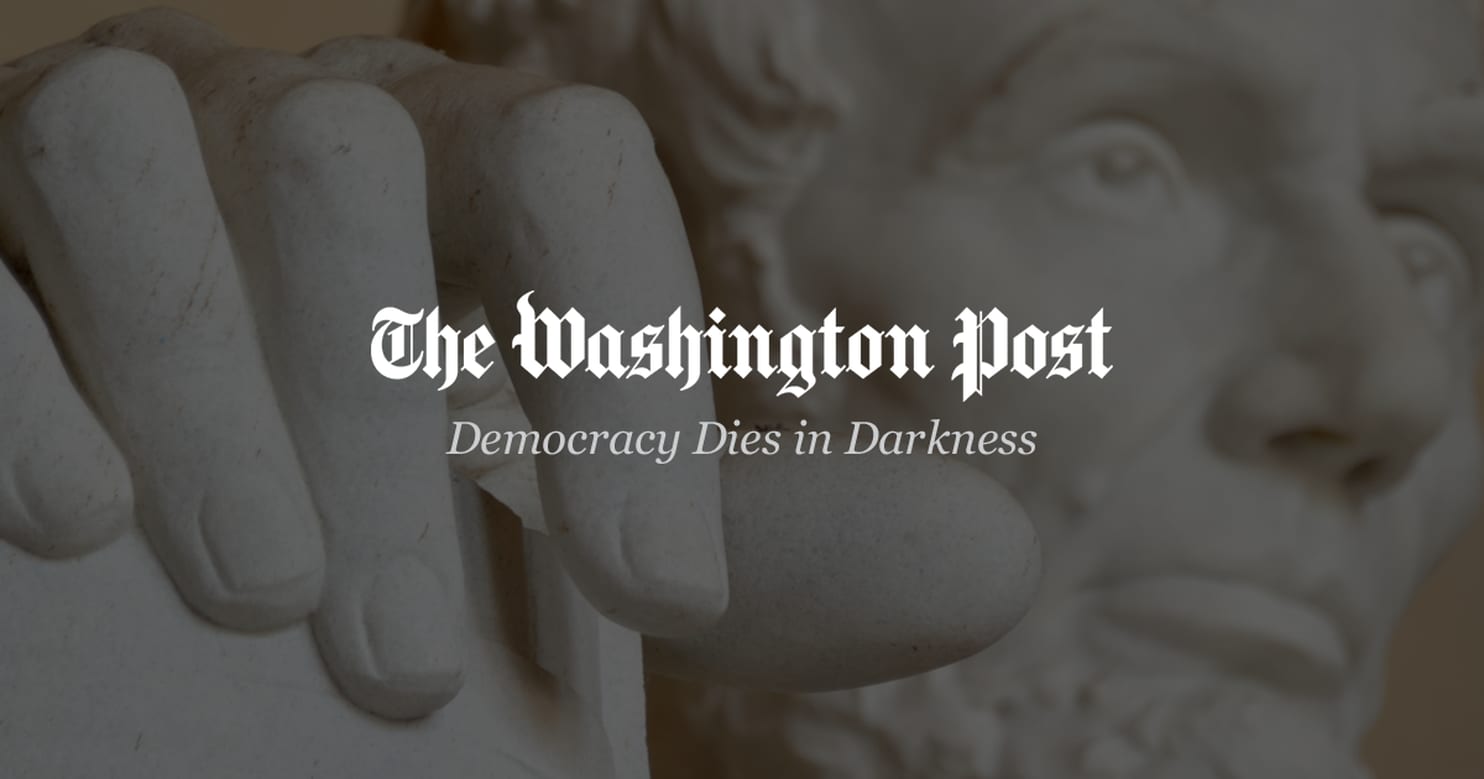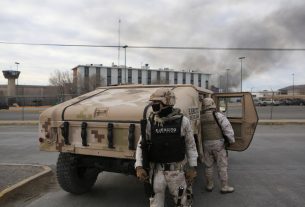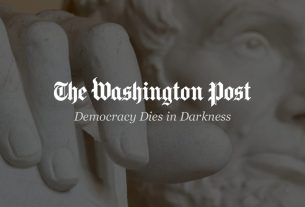The peacekeepers, known as KFOR, said the incident happened in close proximity of one of their patrols, involving unknown people. A statement said no one was injured and “we are working to establish all the facts.”
Kosovo remains a potential flashpoint in the Balkans years after the 1998-99 war that ended with NATO intervention. Serbia does not recognize the 2008 declaration of independence of its former province, while Western efforts to mediate a solution so far have failed.
“It is important for all involved to avoid any rhetoric or actions that can cause tensions and escalate the situation,” KFOR said in a statement. “We expect all actors to refrain from provocative shows of force and to seek the best solution to ensure the safety and security of all communities.”
Fears of incidents have soared since the start of the war in Ukraine. The United States and most European Union countries have recognized Kosovo’s independence, while Serbia has relied on Russia and China in its bid to maintain claim on the province.
Tensions in Kosovo have risen further in recent weeks and months over several issues amid international efforts to step up mediation efforts. Most recently, ethnic Serbs in the north put up road blocks in protest of an arrest of a former Serb policeman.
Serbs in the north previously had walked out of Kosovo’s institutions, claiming harassment by the Kosovo authorities. Belgrade repeatedly has warned it would protect local Serbs “with all means” if they are attacked.
Kosovo’s government has asked NATO troops — which deployed in 1999 after the Alliance bombed Serbia into leaving Kosovo — to remove the Serb roadblocks.
Serbia on Sunday held a top-level meeting after the shooting incident, with the army chief of staff later heading to the southern town of Raska, near Kosovo, where Serbian army troops are located. Local media carried a video with shots and shouts heard but not showing clearly what happened at one of the barricades.
Gen. Milan Mojsilovic told local media that the army received “clear and precise” directions from Serbia’s populist President Aleksandar Vucic. Mojsilovic described the situation as “serious,” adding that it requires “presence of the Serbian army along the administrative line” with Kosovo, the state RTS television said.
Serbia has asked KFOR to deploy up to 1,000 of its troops in the Serb populated north of Kosovo, to protect Kosovo Serbs from alleged harassment by ethnic Albanians, who are the majority in the country. The request has so far not been granted.


